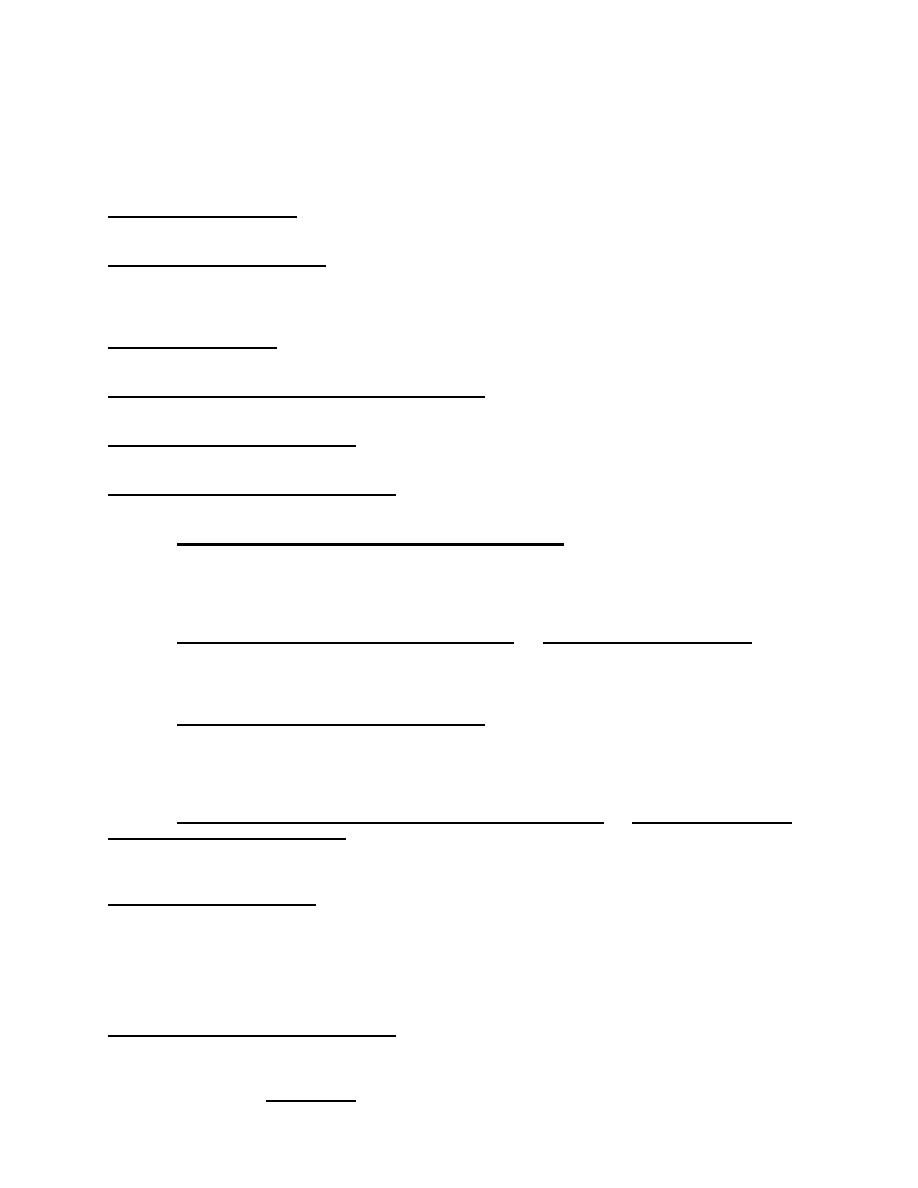
EP 1165-2-1
30 Jul 99
with more relaxed authority to spend the appropriated funds "for the
general improvement of the river, for the building of levees, [and]
for surveys. . . in such proportion as in their opinion shall best
promote the interests of commerce and navigation" (26 Stat. 450).
This initiated Corps activities to provide general flood relief along
the Mississippi River. The first comprehensive anti-obstruction law.
Discharge of Wastes. Section 6 first prohibited the discharge into
navigable waters of wastes "which shall tend to impede or obstruct
navigation," except under permit from the Secretary of the Army.
Building of Structures. Section 7 prohibited the building of
structures in navigable waters outside harbor lines or the building of
bridge piers and abutments anywhere in those waters without permission
of the Secretary of the Army, except for bridges previously
authorized.
Removal of Wrecks. Section 8 authorizes the Secretary of the Army to
remove wrecks that obstruct navigation if they remain obstructions for
longer than two months.
Defacing River and Harbor Improvements. Section 9 prohibits private
persons from defacing river and harbor improvements or taking
possession of such improvements.
Unauthorized Obstructions. Section 10 provided criminal sanctions for
creating or permitting the continuance of any unauthorized obstruction
to navigation (26 Stat. 453-55).
Authorization of Harbor Lines. Section 12 authorizes the Secretary of
the Army to establish harbor-lines where he thinks it necessary.
B-18. 21 February 1891, Commercial Statistics. Required owners,
agents, masters and clerks of vessels arriving or departing from
locations on waterway improvements to furnish statistics on vessels,
passengers, freight and tonnage (26 Stat. 766, 46 U.S.C. 48). (See
Section 11, Public Law 362, 67th Congress)
B-19. 13 July 1892, River and Harbor Act. Dredging Restrictions.
Section 5 prohibited the expenditure of money appropriated for the
improvement of rivers and harbors, for dredging inside of duly
established harbor lines (27 Stat. 111, 38 U.S.C. 628).
B-20. 1 March 1893, Debris Commission. The California Debris
Commission was established with certain jurisdiction over hydraulic
mining of the territory drained by the Sacramento and San Joaquin
River Systems. The Commission was abolished 17 November 1988, by
Section 1106, Public Law 99-662.
B-21. 7 August 1894, River and Harbor Act of 1894. Authorization to
Regulate New York Harbor. Sections 2 and 3 authorized the supervisor
of New York Harbor to regulate fishing, dumping, and the
transportation of waste materials within the harbor and to arrest
violators.
Rules and Regulations. Section 4 provided that "it shall be the duty
of the Secretary of the Army to prescribe such rules and regulations
for the use, administration, and navigation of any or all canals and
similar works of navigation that now are, or that hereafter may be,
owned operated or maintained by the United States as in his judgment
the public necessity may require." This section amended section 7 of
the 1884 River and Harbor Act and was itself amended by sections 6 and
11 of the 1902 River and Harbor Act.
Disposal of Wastes in Harbors. Section 6 prohibits the placing,
discharging, or depositing of any waste into the waters of any harbor
or river except for the waste flowing from streets and sewers and
"passing therefrom in a liquid state." Notably, the prohibition was
not confined to navigable waters but extended to all harbors and
B-3



 Previous Page
Previous Page
